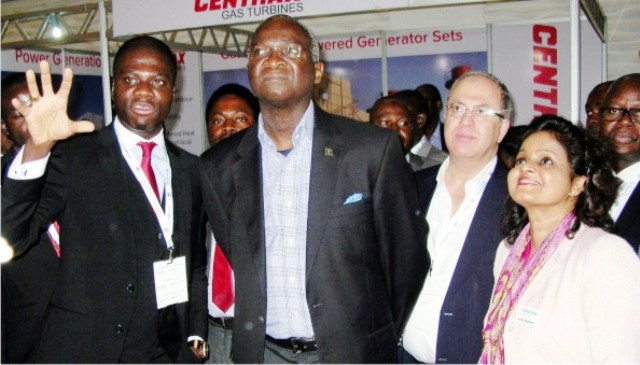Business
‘We Need Fundamental Economic Restructuring’

The Minister of Budget
and National Planning, Senator Udo Udoma, has stressed the need for a fundamental restructuring of the nation’s economy.
He made the call at the world press conference which essentially launched the 22nd edition of the Nigerian Economic Summit, (NES) organised annually by the Nigerian Economic Summit Group (NESG).
In a statement that was obtained by The Tide through AagroNigeria, recently, Senator Udoma stated that the goal of NES is to unlock the economic potentials of the non-oil and high-employment sectors.
He said this would lead the nation to achieve a sustainable inclusive growth that will ensure that the majority of Nigerians become agribusiness people and more productive, thereby reducing poverty.
Addressing journalists at the NESG summit House in Abuja, he said, the current economic challenges are rooted on the nation’s reliance on a single commodity (oil) whose price has fallen.
“The Nigerian economy is currently in recession and faced with contracting GDP growth, rising inflation and unemployment rates as well as decaling level of external reserves”, he said.
The summit which is themed “Made in Nigeria” is scheduled to hold from October 10 to 12, 2016 at the Transcorp Hilton, Abuja.
It is designed to encourage the production of agricultural and other products and the consumption of made in Nigeria goods and services to enable Nigerian producers gain more patronage and be encouraged to implore the quality of their products.
The sub-themes of the summit shall deliberate on the macroeconomic environment; ease of doing business, stakeholders behavior and attitudes, access to finance, job creation and youth employment amongst others.
The key outcomes of the summit are expected to include the development of practical roadmap that will contextualize “Made in Nigeria” as an economic growth and development for short, medium and long term development partnerships.
According to the statement, the summit will also seek to develop policies to deliver desired results and potentials for export of non-oil products and also increase foreign exchange earnings and shore up reserves at home.
In his opening remark, Chief Executive Officer (CEO), NESG, Mr. Laoye Jaiyeola, thanked journalists for their support regarding the summit, stating that the contribution of the media is key to its success.
The chairman of NESG, Mr. Kyari Bukar, represented by Mrs. Wonuola Adetayo, urged everyone to be held accountable for the growth of the economy, “as we all at a point in national development will need hands all to come together”.
She also advised journalists to be active in their follow up, even after the summit to ensure that issues discussed are effectively acted upon.

